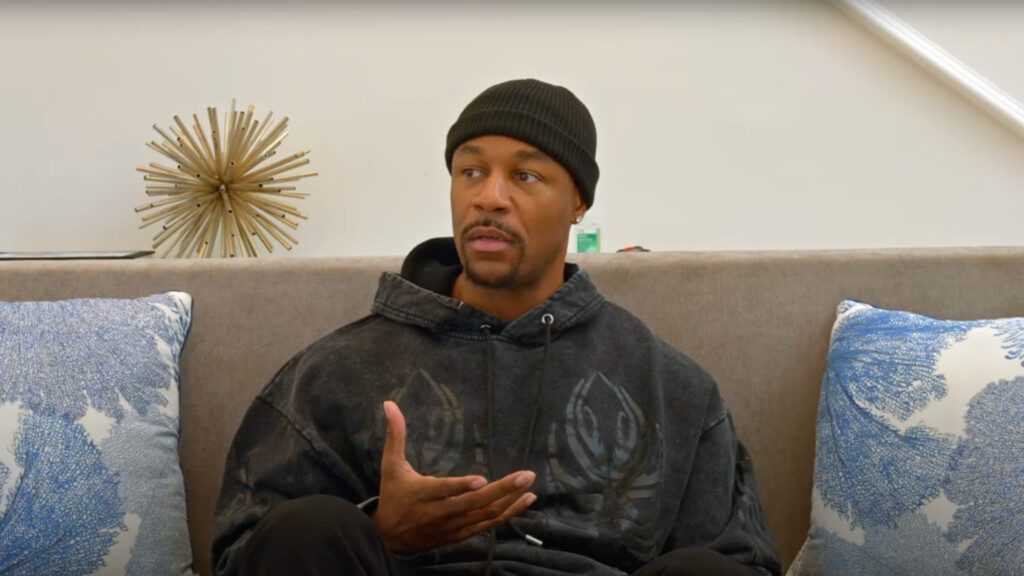Grammy-nominated singer Tank opened up about the pervasive issue of homophobia among Black men, calling it a deeply ingrained cultural challenge that demands attention.
While appearing on the Holdin’ Court Podcast, the R&B star spoke candidly, describing the issue as “the elephant in the room” and highlighting how stigmas and double standards surrounding homosexuality remain significant barriers to unity and understanding within the Black male community.
“The phobia as it relates to Black men is the elephant in the room and no one will actually articulate their devastation,” Tank shared during the discussion.
He says the cultural stigma that often positions being labeled gay as one of the worst insults a Black man can receive. “For a Black man, the worst thing to be called is gay,” Tank stated. “The first thing somebody’s going to allude to, whether you are gay or not, when they’re trying to assassinate your character or get off the highest joke imaginable, they’re going gay first.”
Tank suggests that there are historical and societal pressures that enforce hyper-masculinity and discourage vulnerability. “[There’s] something within our culture that has created this stigma… somehow there’s a program to make Black men gay,” he added.
“There’s an attack on strong Black men but who’s the attack coming from,” Tank shares, pointing out the long-standing perception that homosexuality is an attack on the identity of “strong Black men.”
Tank also addressed the ways media, fashion, and mainstream conversations have evolved to include and normalize LGBTQ+ representation. While he agrees there has been progress, he also recognizes the resistance from parts of the Black community.
With social media, we now have a front-row seat into the lives of people we might never have known before. As Tank explains, “The world has gotten smaller and so now we know that more humans exist and we’re actually able to see those humans living out their lives.”
Tank’s comments have sparked an important conversation about homophobia in the Black community, particularly focusing on the dynamics between heterosexual and homosexual Black men. There are cultural shifts that need to happen to redefine spaces where Black men exist, ensuring everyone feels included, valued, and accepted.



